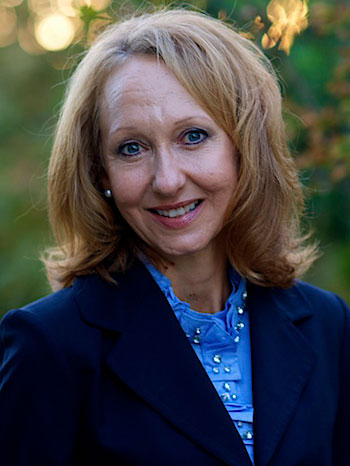By Christine Magnus Moore, RN, BSN, PHN, BMTCN

Dylan sat on the plastic chair with his elbows rested on his knees, staring blankly at the white tile floor in the clinic exam room. He was listening to me talk about the side effects of chemotherapy, but I could tell he had more on his mind. He lifted his head and touched his red baseball cap with his left hand.
“This is a lot to take in,” he said in a befuddled tone.
“I know,” I said with compassion.
Dylan was 29 years old. He was diagnosed with acute myelogenous leukemia six months ago and now needed a stem cell transplant from his brother.
“It just sucks because there I was, living like a normal person and working, and now I need a transplant,” he said with a long exhale. “I don’t understand how this happened to me.” His girlfriend rubbed his back but sat silently in the chair next to him. “It’s not fair.”
We were interrupted when his hematologist walked into the room and changed the tone from emotional to more clinical. The physician sat on a squeaky stool, logged into the computer, and gave Dylan more information about his transplant.
After five minutes, the physician left the room.
“You know, I think it’s time to talk about something a little more fun,” I said.
His eyes perked up and his face softened.
“There are many organizations that help young adults who have cancer,” I said, hoping to lift his spirits. “One is called Stupid Cancer.”
“Love the name,” he said with a chuckle.
“It’s helpful to connect with others who have gone down a similar road you are dealing with. As they say, it’s ok to be angry, and connecting with others who have lived the journey helps it suck less,” I said, smiling.
He shifted in his seat and the mood in the room felt brighter.
“There are more organizations that help support young adult survivors. One called the Samfund can help young adult survivors get back on their feet financially after treatment,” I said. “Others offer trips to help young adults bond and heal after treatment.”
Realizing I was holding up the clinic room, I said, “I have a list of young adult resources I’ll email to you.”
“Sounds good,” he said, standing from the chair. “I could use a trip when all this is done.”
I smiled, explained the next steps for his transplant process, and handed him my business card in case he had further questions.
Leaving the clinic, I reflected on my own journey of being a young adult cancer survivor of non-Hodgkin lymphoma. Seventeen years ago, these organizations didn’t exist. Thankfully, now many groups in the young adult space can offer resources, camaraderie, and hope.






